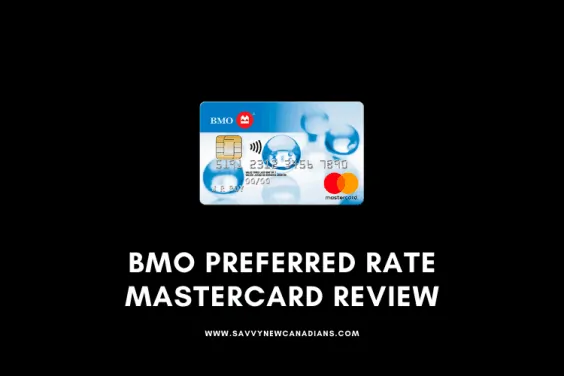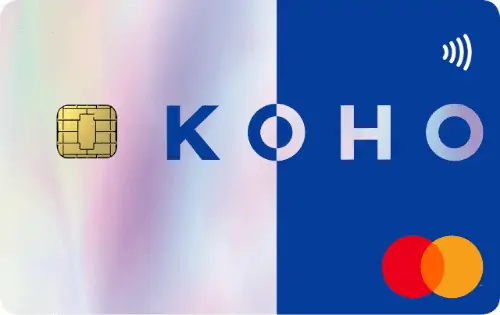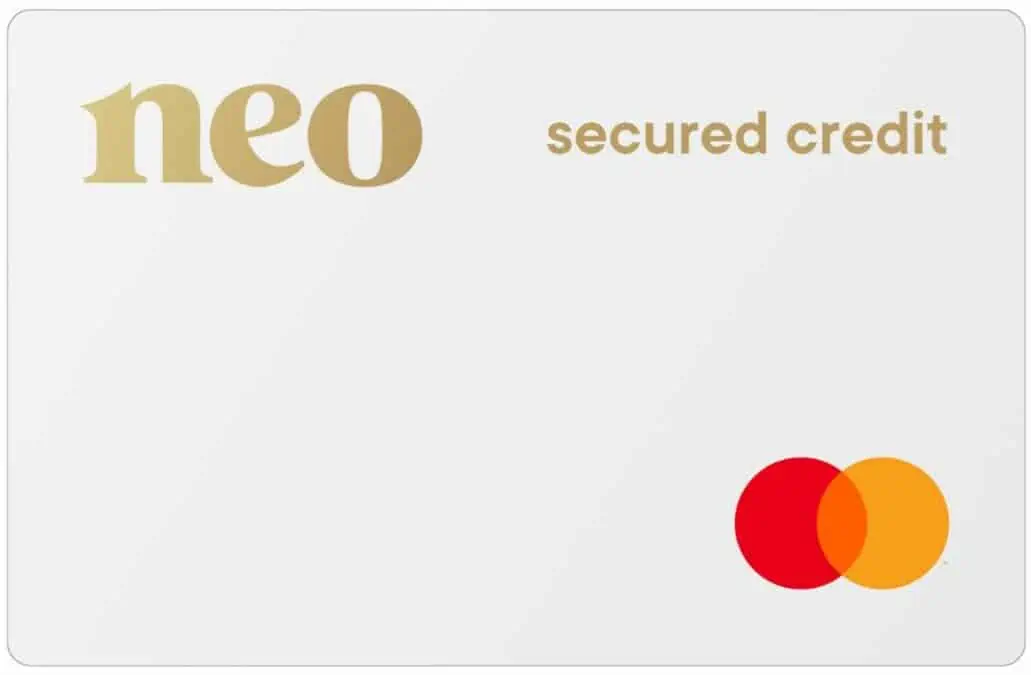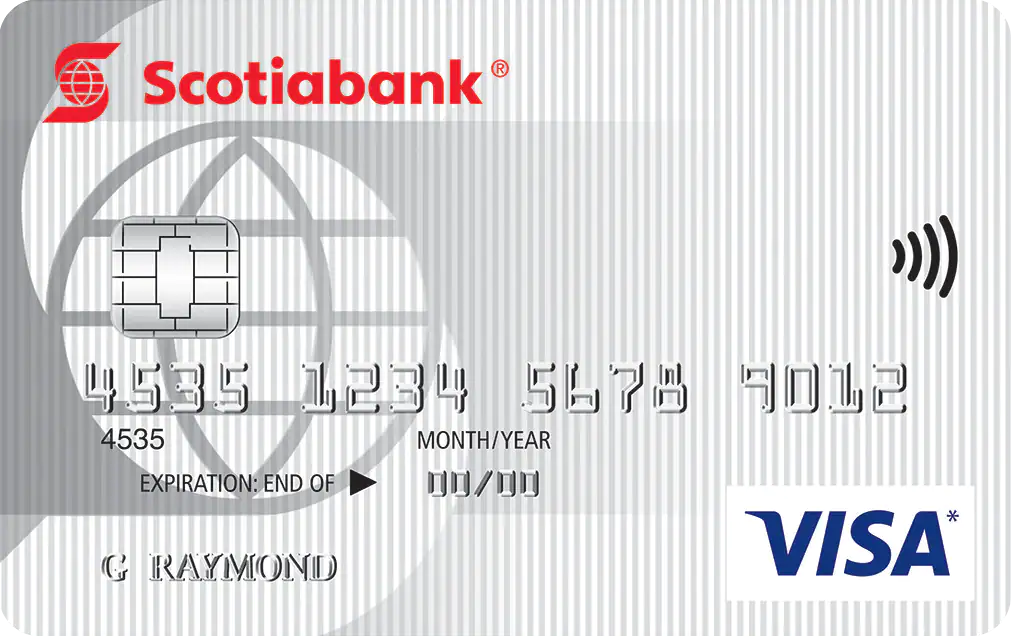When you apply for a credit card in Canada, you might consider getting a joint credit card. These are typically used by couples or shared by parents and their children.
But there are several things to know about joint credit cards in Canada, including the difference between an authorized user and a secondary user.
There are also several pros and cons to help you decide whether a joint card is a suitable option.
What is a Joint Credit Card?
A joint credit card is a credit card shared between two or more people. There are two different circumstances where you can use a joining credit card:
1. Primary Cardholder with Authorized Users
In this case, you have a credit card and add an authorized user, or several users, to it.
Depending on the card, you may have to pay for each authorized user you add.
2. Two People Apply for the Same Credit Card
Here, both the primary and secondary cardholders sign the application and agreement, and both share the same responsibilities.
Approval for a joint credit card account might depend on your household income and the credit scores of both cardholders.
The key with joint credit card holders is that the account is in both names, and both parties are responsible for making the payments.
What is the Authorized Cardholder?
When a primary cardholder adds an authorized cardholder (also called authorized user or supplementary credit card holder), this user receives their card with their name on it. They can then use the credit card as if it was their own.
The primary cardholder is still responsible for making the payment each month. If they do not, their credit score can be impacted, while the authorized user’s score is not. However, they might depend on the details in the credit card agreement.
Authorized users do not need a credit check and don’t need to meet minimum income requirements. They can also earn reward points and cashback as normal.
What is the Secondary Cardholder?
A secondary cardholder, sometimes called a co-borrower or co-applicant, is a person who applies for a credit card alongside the primary cardholder.
While many people just add an authorized user because it is easier, you may have the option to apply for a credit card together.
In this case, the primary and secondary cardholders are responsible for making the payments. Card activity for both cardholders is also reported to the credit bureaus.
How to Apply for a Joint Credit Card
When it comes to how to get a joint credit card, start by researching the best joint credit card in Canada for your situation. Then check the requirements of the credit card you want to apply for.
Applying for a joint card may or may not be an option. If a joint credit card is an option, you can complete the joint credit card application form and apply together.
You can also open joint bank accounts in Canada.
How to Add Authorized Users to Your Credit Card
If you already have a credit card, you may be able to contact the issuer to add an authorized user. There may or may not be a cost for each additional user you add.
It is usually a straightforward process where you simply fill in the details, and the issuer sends a card with the authorized user’s name.
If you want to add an authorized user when you apply for a new card, you simply apply as normal, and there will often be an option to add an authorized user. The cost of any additional cards should be displayed.
Pros and Cons of Joint Credit Cards
There are several pros and cons to consider when it comes to joint credit cards:
Pros:
- Adding an authorized user is an easy way to allow a child or spouse to use your credit card. It is especially useful if they have a bad credit score or no credit history.
- All users can continue to earn any reward points and cashback offered by the card.
- Joint cards can be a good way to simplify family or couple finances and keep track of spending and budgets.
- Adding an authorized user is easy and often free. There is no need for them to pass a credit check, and there are no minimum income requirements.
Cons:
- Authorized users do not build their credit history by using a credit card.
- There is sometimes a cost involved in adding an authorized user.
- One person is responsible for paying the bills where an authorized user is added, so you must have clear rules about who pays for what.
- Joint cards can be problematic when a couple splits up, or families fall out, especially if one person is responsible for making the payments.
Should You Get a Joint Credit Card?
Getting a joint credit card can be useful for the reasons mentioned above, but it can also have disadvantages.
It may make more sense to have a joint credit card with a primary cardholder and authorized user. But the authorized user may still want their own credit card to build their credit history.
A joint credit card with a primary and secondary cardholder can also be useful. This can be a good option for couples who want to share the responsibility of making payments and earning rewards and points on the same account.
FAQs
It depends on your situation. For example, it can be useful to add an authorized user where one person does not have a great credit score.
Not if you add her as an authorized user because only the primary cardholder has responsibility for making the payments in this case.
Many married couples like to share credit card accounts. However, it is often a good idea for each person to have their own credit card.
There is no set limit on the credit cards you should have. Just avoid applying for lots of credit cards in a short period, and don’t have more credit cards than you can manage.
Conclusion
Joint credit cards can be very useful, but they can have disadvantages too.
If you would like a joint card, the first thing to do is decide whether to add an authorized user to your card or apply for a joint card with a primary and secondary cardholder.
Be aware of any additional costs involved and the responsibilities of each cardholder. Then explore different credit cards and find the right one for you.







